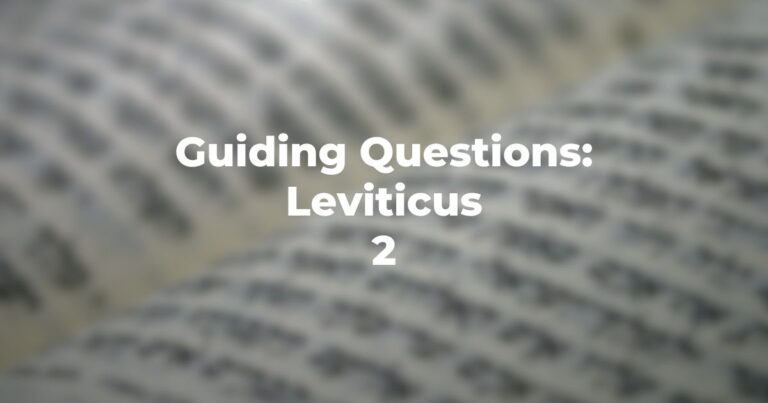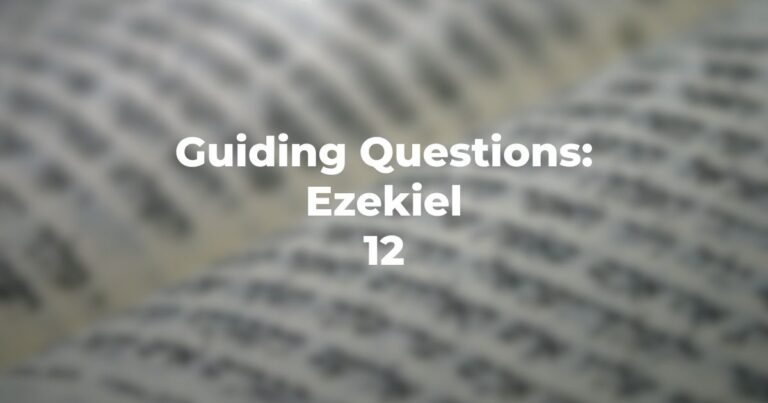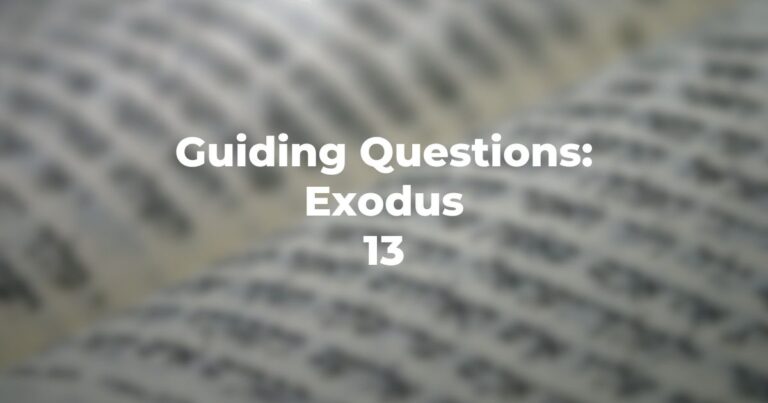- Do Isaiah 28:1-4 project destruction or reconstruction?
- If so, how should Isaiah 28:5 be explained, which strikes a most optimistic note?
- How do the last two words in the Hebrew and in the English (the remnant of his people) explain the seeming contradiction?
- What is the prophet’s opinion of the “leaders” of the people as reflected in Isaiah 28:7-8?
- Does the prophet see any hope in the expressed sentiment of Isaiah 28:9?
- The Hebrew in Isaiah 28:10, which appears to be “gibberish” in its construct, is followed by a repetition in Isaiah 28:13. What is the purpose of this phrasing and what does it reflect in terms of the prophet’s expectation?
- What is the charge (or instruction) to the “misleaders” whose actions (Isaiah 28:15) would condemn them to destruction?
- What does justice mandate for these “leaders” (Isaiah 28:17-18)?
- Does Isaiah 28:22 indicate that there is recourse or that the “destiny is sealed” beyond change?
- And yet, in Isaiah 28:29, what is the final refrain?
Author
-

Exploring Judaism is the digital home for Conservative/Masorti Judaism, embracing the beauty and complexity of Judaism, and our personal search for meaning, learning, and connecting. Our goal is to create content based on three core framing: Meaning-Making (Why?), Practical Living (How?), and Explainers (What?).
View all posts





